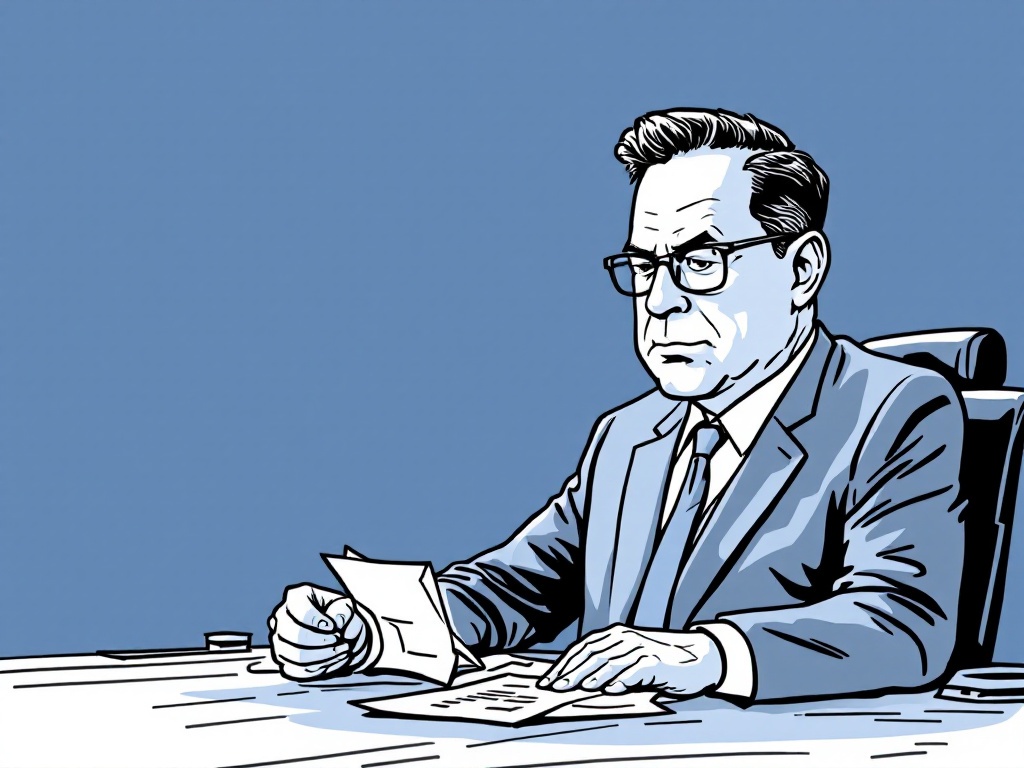Federal Reserve's Michael Barr Resigns Amid Political Pressure

Washington DC, Tuesday, 7 January 2025.
Michael Barr, Federal Reserve Vice Chair for Supervision, will resign effective February 28, 2025, following political pressure from President-elect Trump and criticism of his regulatory stance.
Political Pressure and Timing
Michael Barr’s resignation comes amid mounting pressure from President-elect Donald Trump’s transition team and Republican lawmakers [1][4]. While Barr’s term as vice chair was originally set to continue until 2026 [4], his early departure announcement on January 5, 2025 [1], appears to preempt potential confrontation with the incoming administration. The timing is particularly significant as Trump takes office on January 20, 2025 [3], with Barr’s resignation becoming effective February 28, 2025, or earlier if a successor is confirmed [1].
Regulatory Legacy and Republican Opposition
During his tenure since June 2022, Barr faced significant criticism from Republicans over his approach to banking regulation [1]. He notably oversaw the response to the Silicon Valley Bank crisis in spring 2023 and proposed stricter rules for banks with assets over $100 billion [1][4]. Senator Tim Scott explicitly criticized Barr’s regulations as ‘disastrous,’ stating that Barr ‘failed to meet the responsibilities of his position’ [1].
Transition and Future Leadership
While stepping down from his supervisory role, Barr will remain on the Fed’s board of governors until his term ends in 2032 [1]. The Federal Reserve has indicated it ‘does not intend to take up any major rulemakings until a vice chair for supervision is appointed’ [1]. Trump’s options for replacement are limited, as the position must be filled from within the current seven-member board [3], with potential candidates including Republican governors Michelle Bowman and Christopher Waller [4].
Broader Implications for Federal Leadership
Barr’s resignation reflects a broader pattern of pre-emptive departures ahead of Trump’s return to the White House. Similar moves have been made by other officials, including SEC head Gary Gensler and FBI director Chris Wray [2]. The transition raises questions about the future of banking regulation and the Fed’s independence, with former Fed general counsel Scott Alvarez describing potential interference as ‘a central strike at the Federal Reserve’ [4].